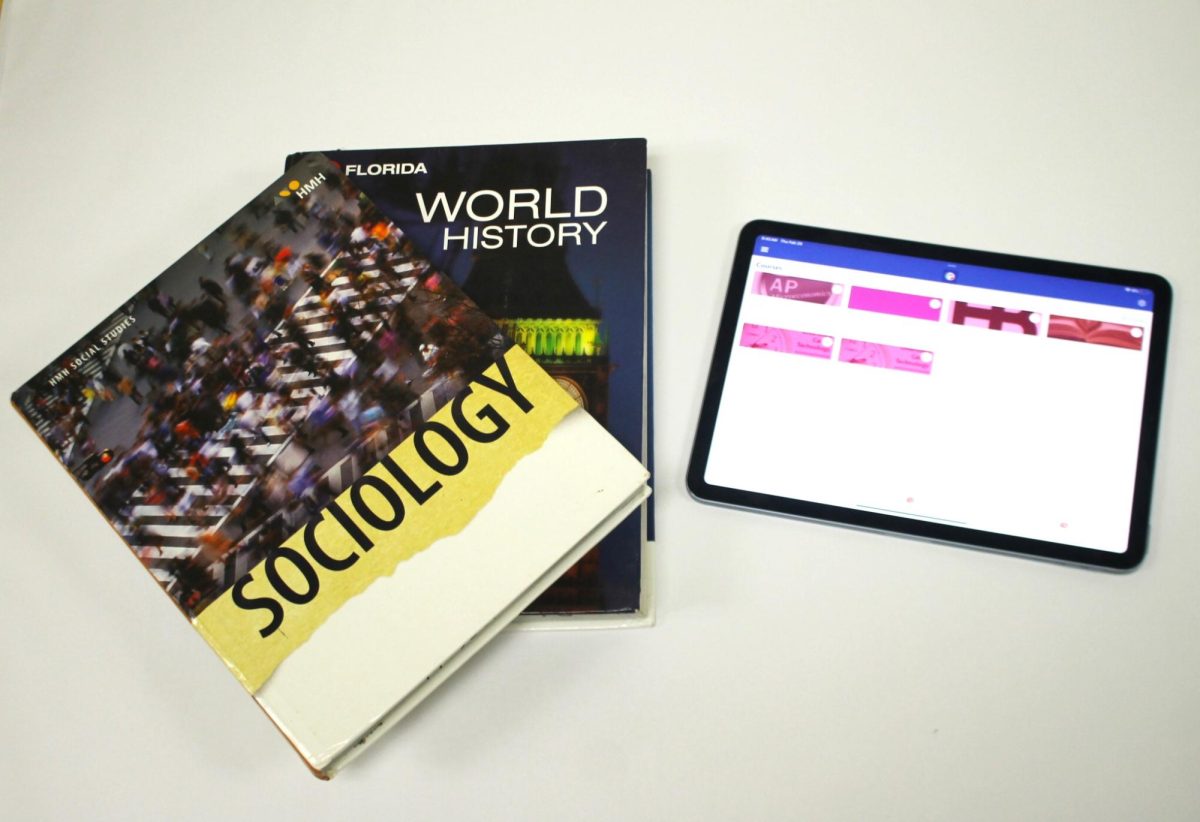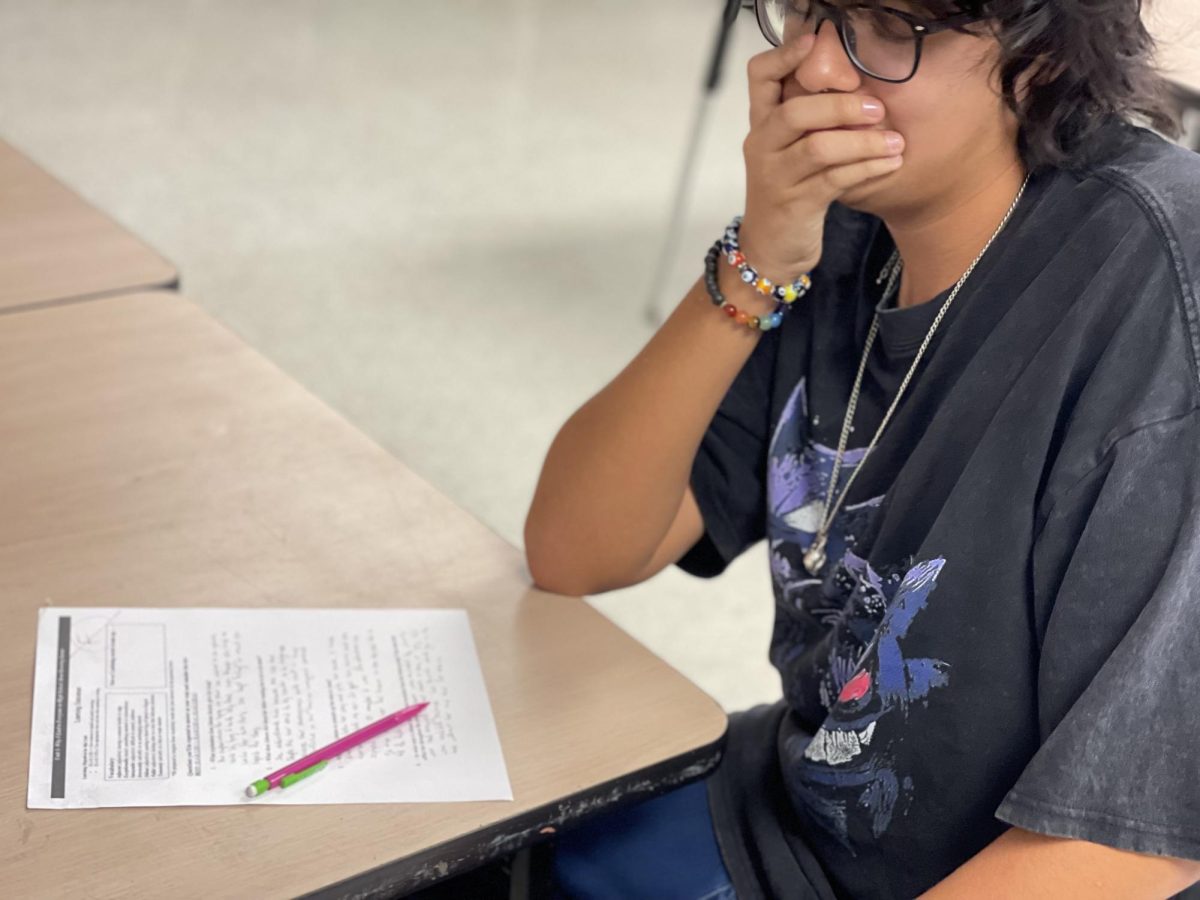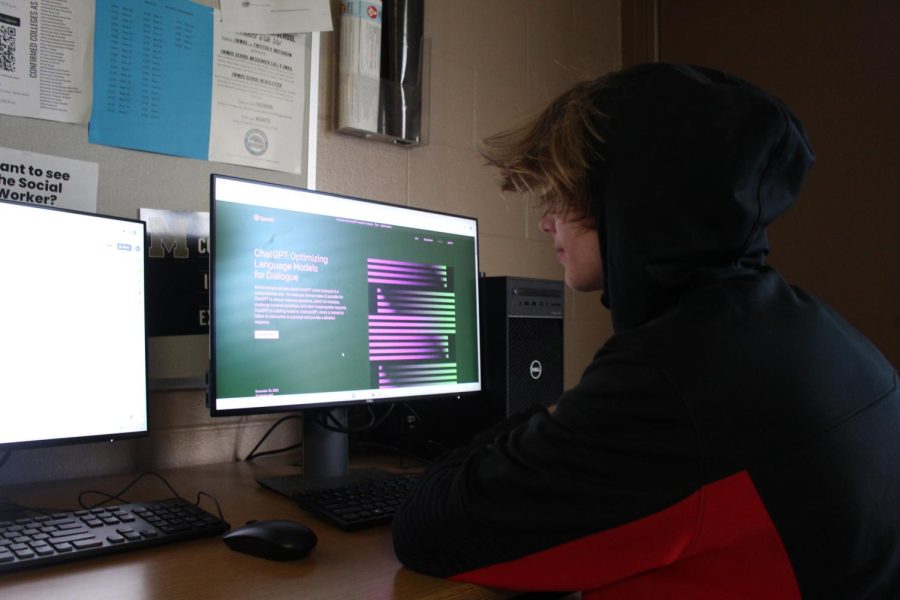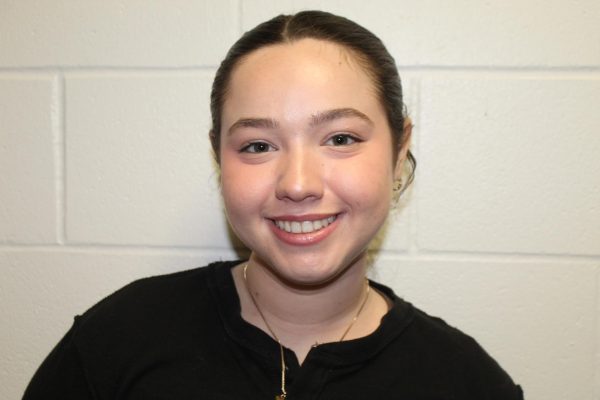Copy and paste
Described as a student learning tool, ChatGPT has struck teachers’ opinions as this website caters to plagiarism.
January 25, 2023
Racing towards a deadline, the website ChatGPT has recently struck students, teachers, and social media. ChatGPT, launched by OpenAi, gives the ability to simply insert any research or topic into a search bar and then in return will generate well written sentences, paragraphs, or even essays using the information provided. Advertising as a “learning tool” according to ChatGPT’s website, students have found this as an alternative to individually writing their own essay. Teachers relay their opinions on this new website as it is shown to be hard to detect plagiarism.
According to teacher Lucile Hampton (FAC), she feels this can cause a disruption in their learning. As an AP World teacher, she must go over specific learning skills to help her students excel through her class.
“For AP, in the face where they are learning, I am afraid that they’re just going to use the ChatGPT instead of using their brains to actually put the information fourth. I think that it’s not going to be an issue when I start doing timed writings in second semester but when I’m laying down the foundations and skills in the first semester, skipping that process, that when it comes to doing the timed writing in the second semester or the AP exam that their not going to know how to think of themselves analytically and I’m practicing those skills all year,” Hampton said.
In 2019 Microsoft purchased Open Ai for about $10 billion. Their enrollment caused the improvement of their website as they now offer the ChatGTP to everyone. Gina Schulaski (FAC) gives an unbiased view on this website as she says it can be beneficial but also negative.
“I think that it can be beneficial if used in the right way such as showing what a well constructed essay looks like or how to make writing stronger for students. I think in the business world it can be a very good thing but academically I think it needs to be used with caution,” Schulaski said.
As the AP Art History teacher Justin Fenton (FAC), feels that it can be concerning and resourceful.
“I think it’s very interesting but it’s a little concerning,” Fenton said. “Technology allows us to adapt to things, I think students need to be more concerned about learning how to think.”
Flowing through teacher Facebook pages according to Schulaski, this new tool has become a concern mostly from teachers as they do not know if they will be able to detect if a student used this website. Getting deeper into the year teachers will start to become hyper aware of the essays they are grading.


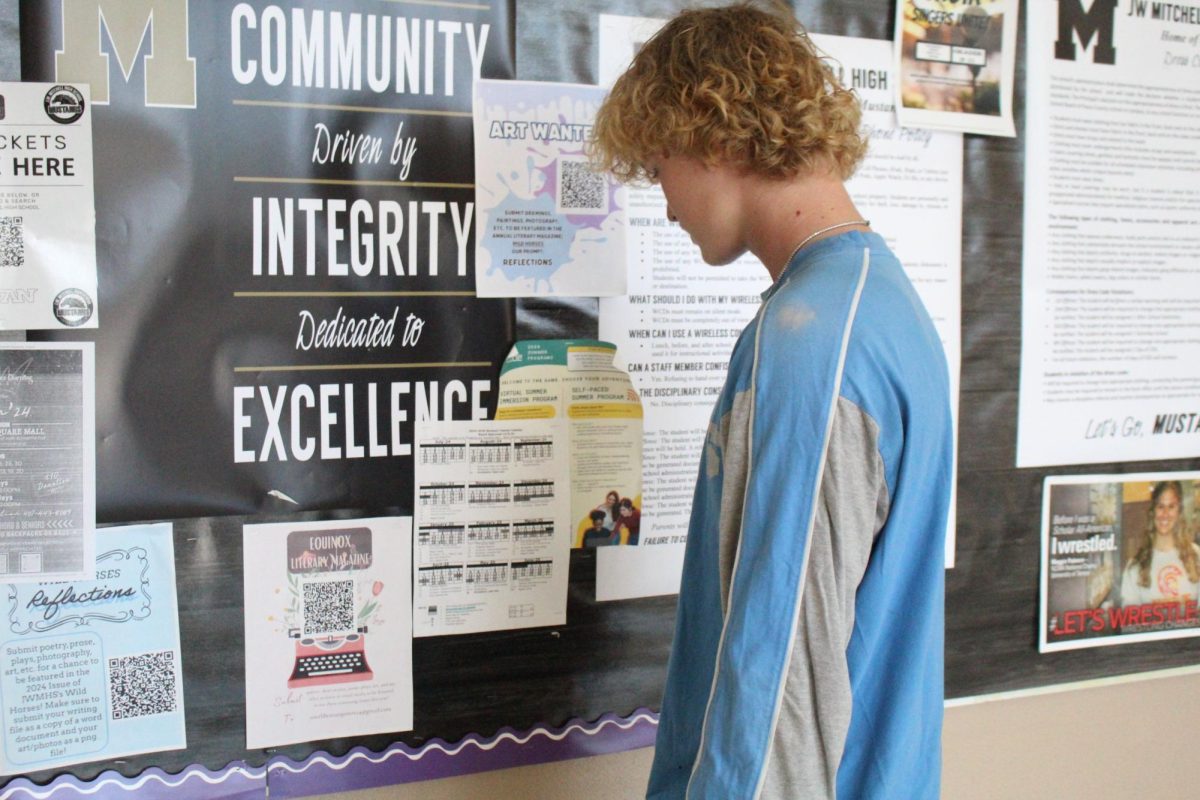
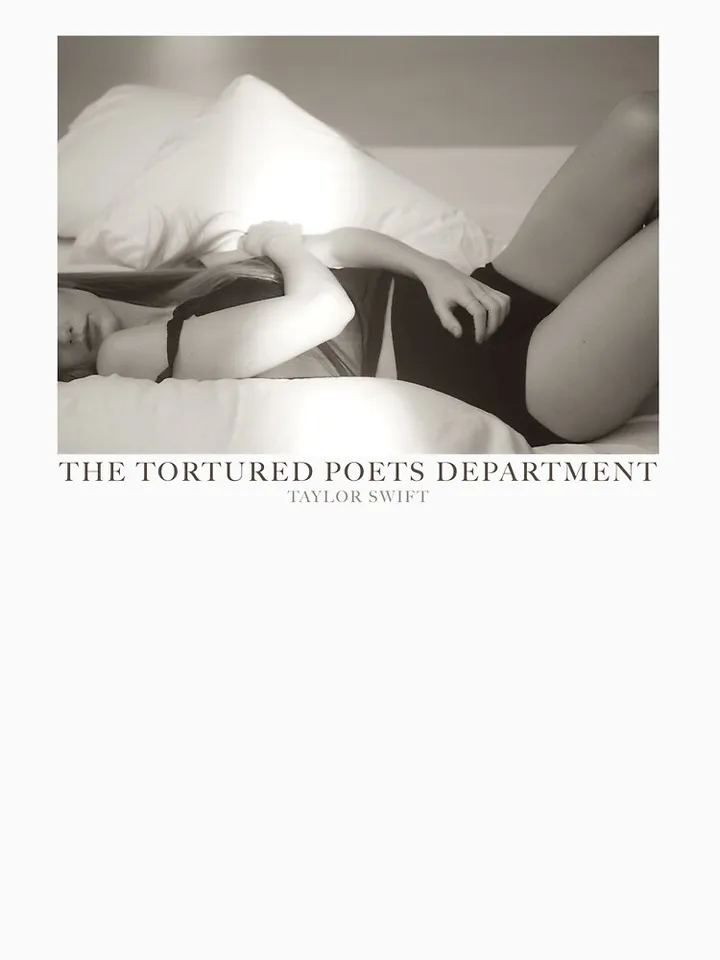
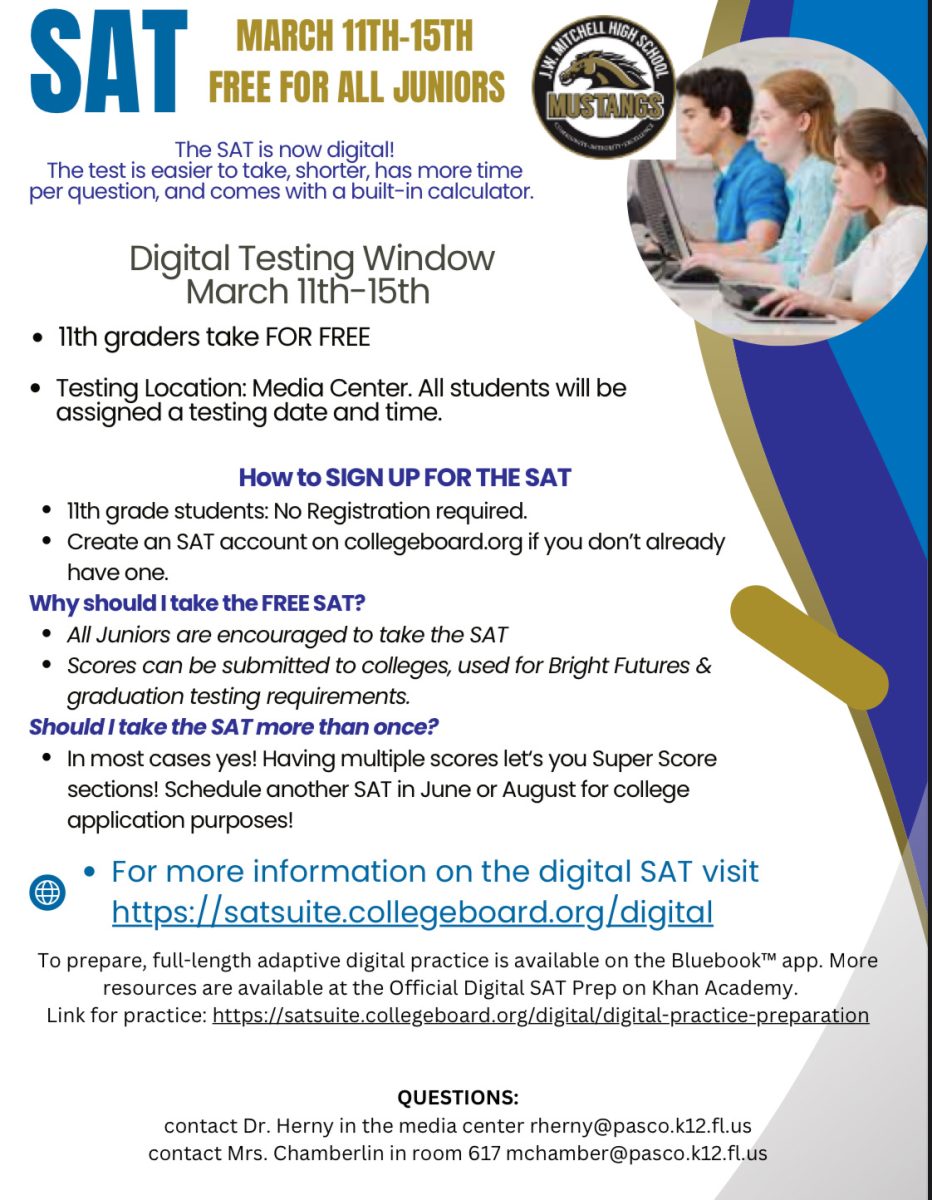
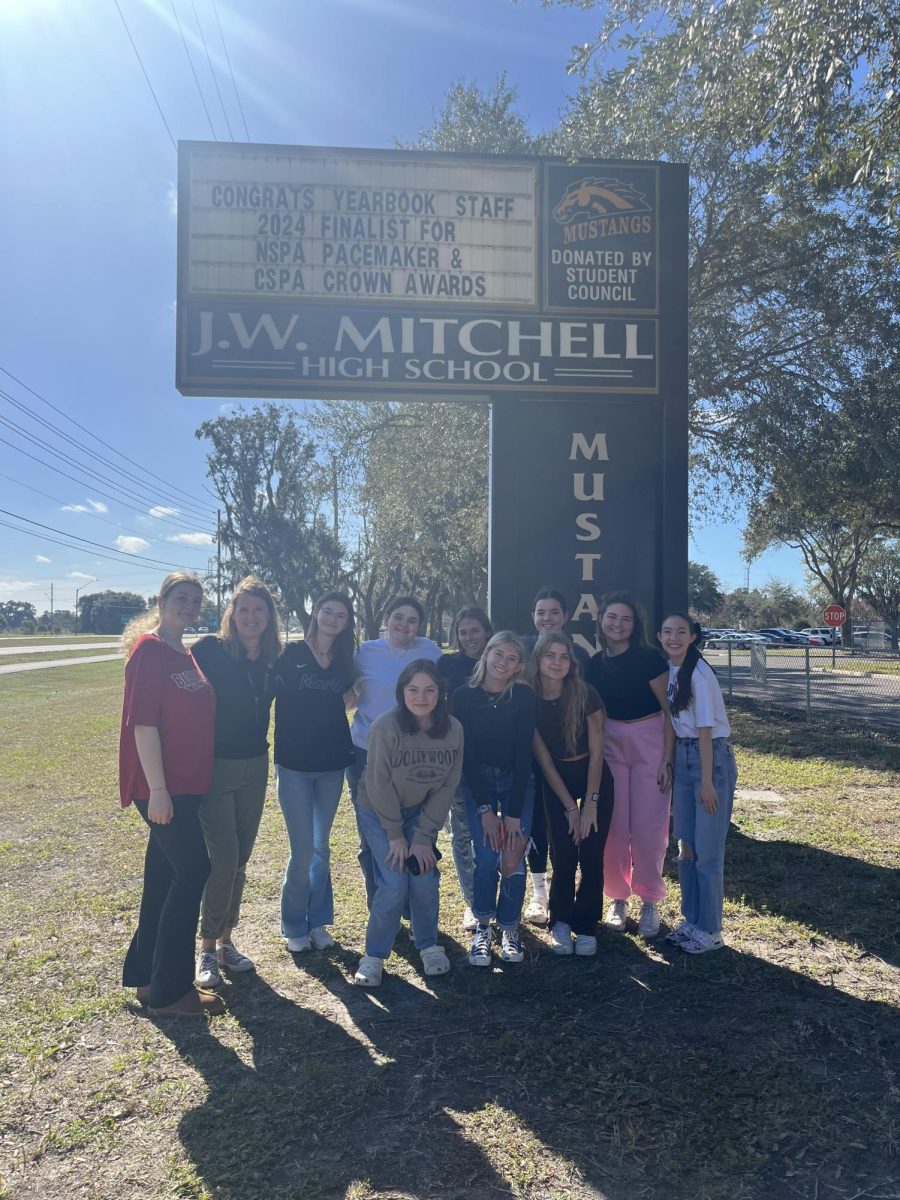
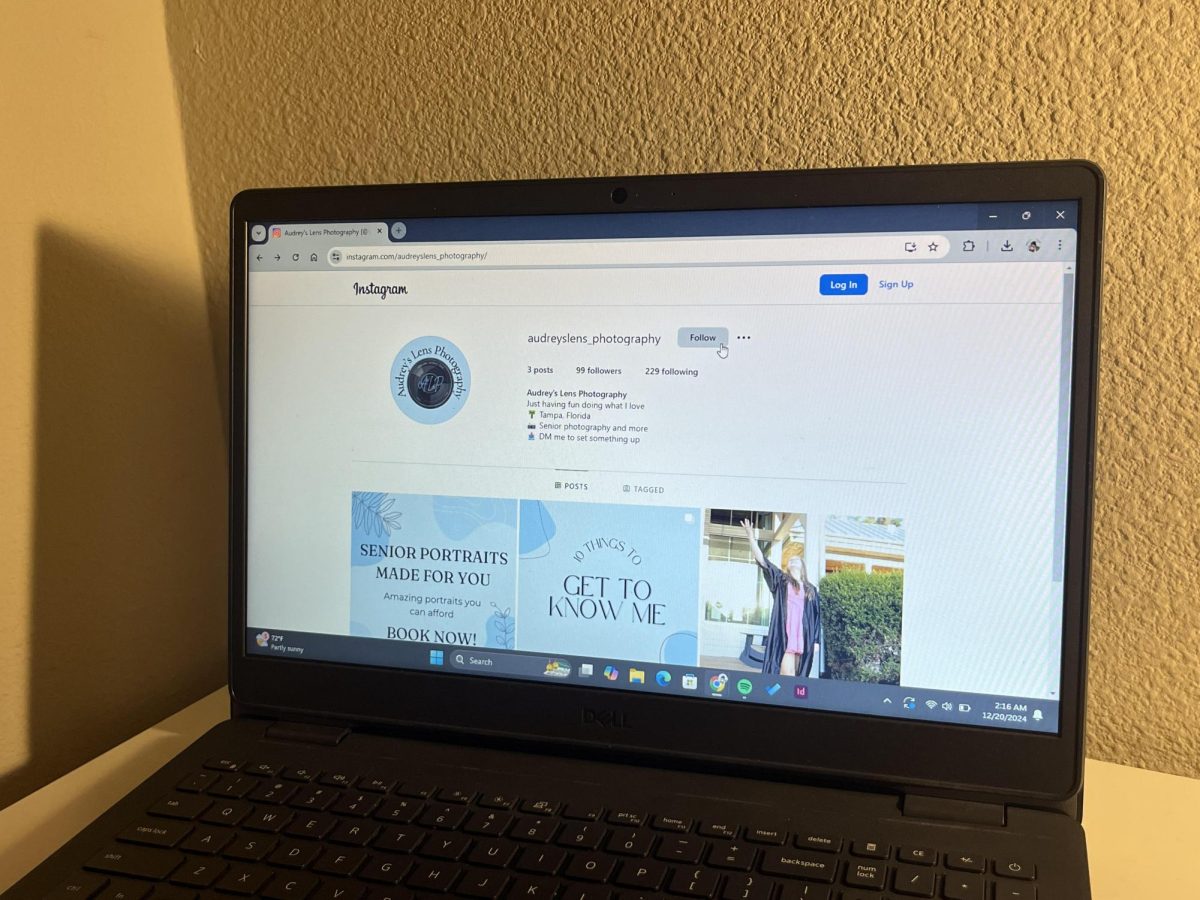




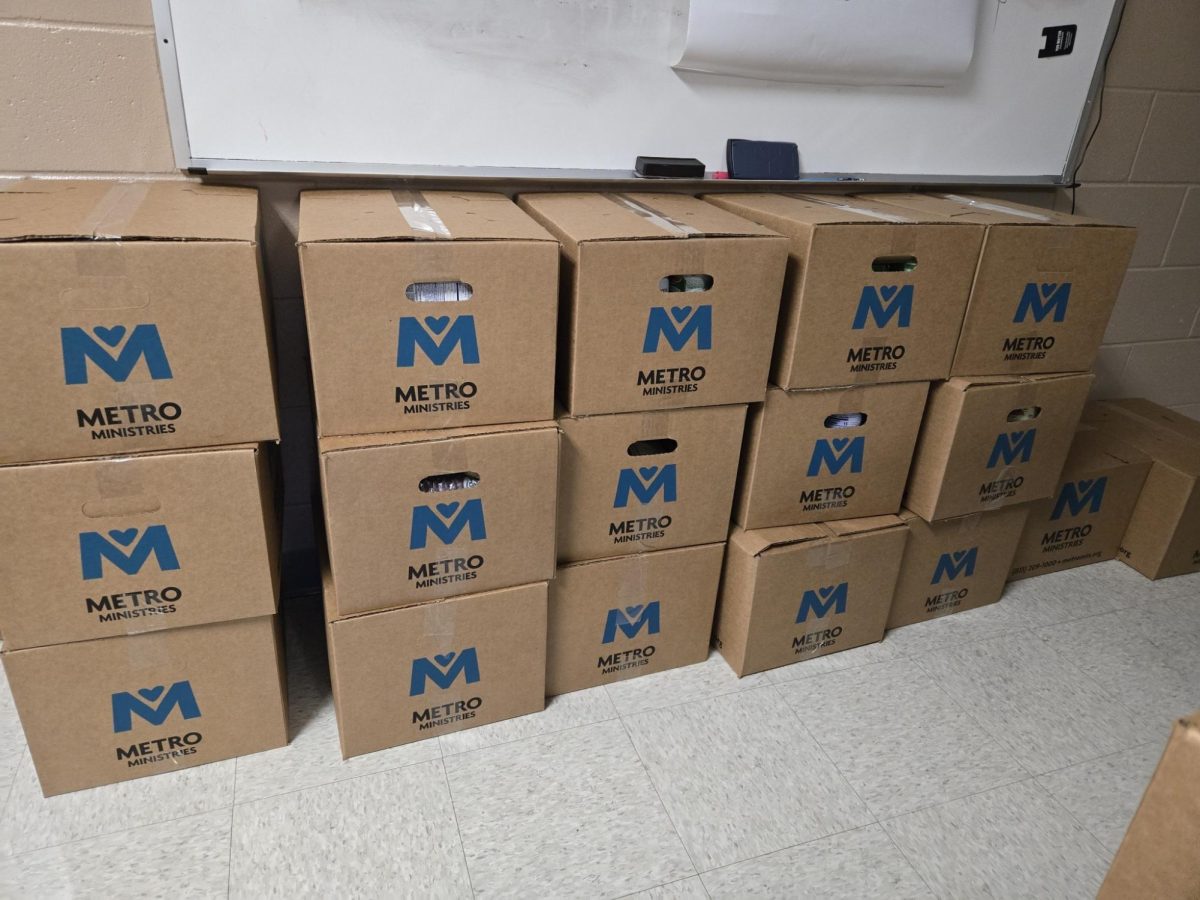
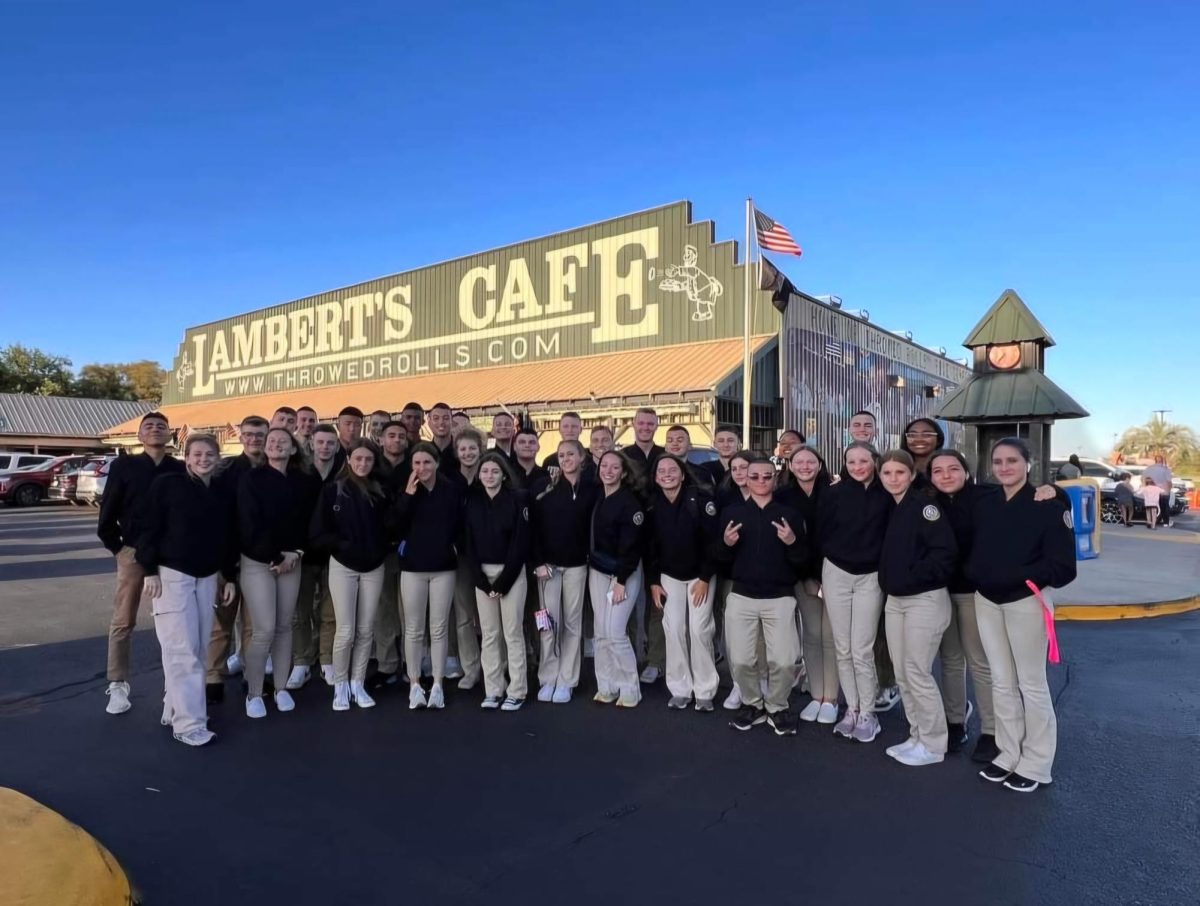




![Colin McRaven ('24) prepares to pitch the ball to an Anclote batter during the Varsity pre-season game."I like striking people out, since it's fun. The game against Anclote was pretty easy because they were less talented than our team and [I think] we were better than them in every aspect," Colin McRaven ('24) said.](https://jwmhshoofbeat.com/wp-content/uploads/2024/03/IMG_1538-1200x928.jpg)




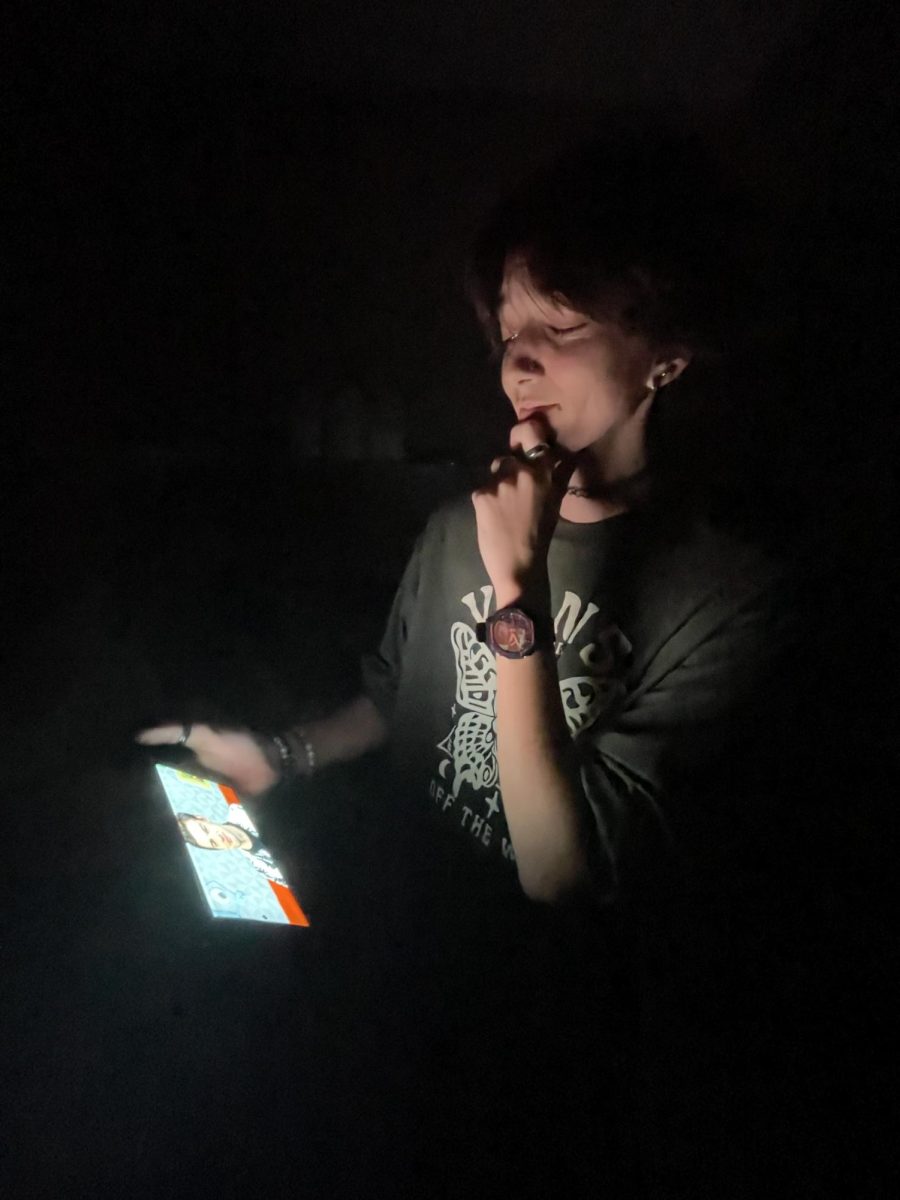


![Meryam Ghobrial’s (’27) Spotify Wrapped provided "genre" for the month of April. “Some other people got the same [AI generated] genre name for different artists of the same genre” Ghobrial said. Photo provided by Meryam Ghobrial.](https://jwmhshoofbeat.com/wp-content/uploads/2025/02/unnamed-555x1200.png)

